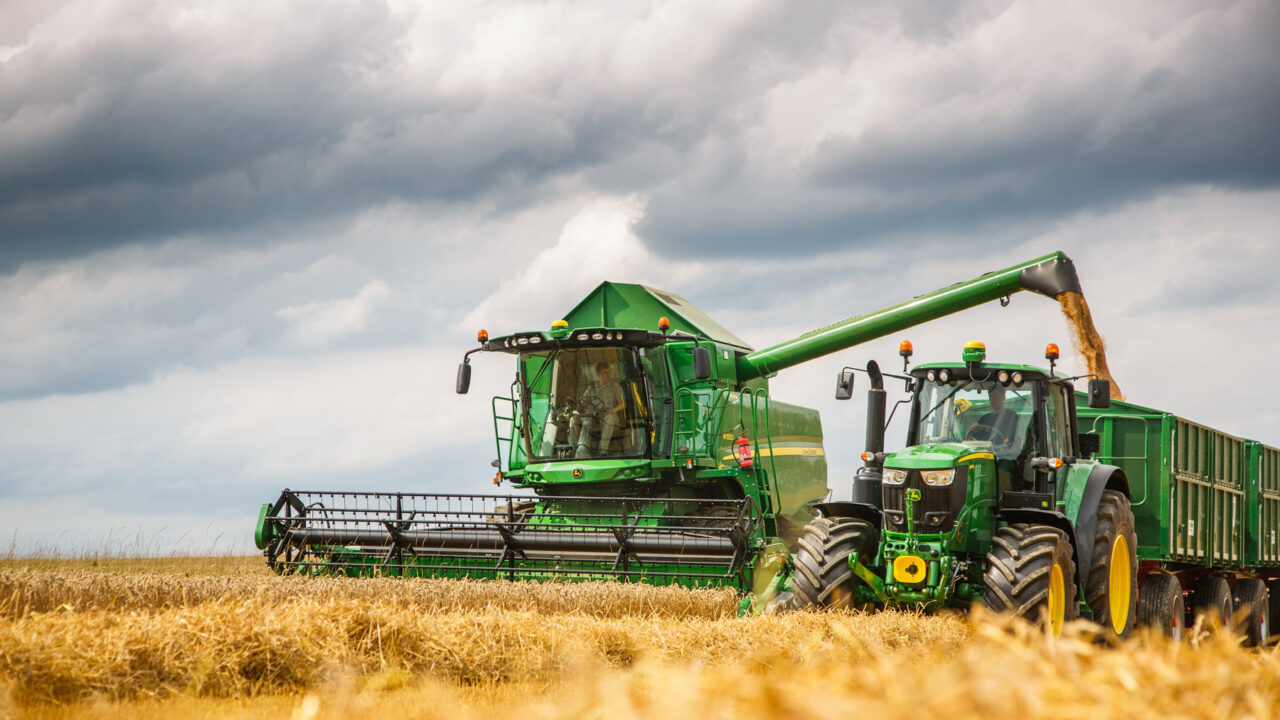The European Council approved new requirements to reduce pollutant emissions, such as dust particles and nitrogen oxides, from engines of non-road mobile machinery.
These requirements address air pollution at source to protect the health of EU citizens and the environment. They will help member states in their efforts to achieve the national ceilings for emissions agreed at the end of June 2016.
A large variety of machines ranging from small handheld equipment (such as chainsaws, trimmers and lawn mowers), agricultural and construction machinery (such as combine harvesters, crawler excavators and cranes) and generating sets, to railcars, locomotives and inland waterway vessels, are covered by the new regulation.
The formal adoption of this regulation follows a vote in the European Parliament on July 5, 2016, which confirmed the provisional agreement reached by both institutions on April 6, 2016.
The regulation seeks to ensure the good functioning of the internal market and to strengthen market surveillance while protecting human health and the environment. It also addresses competitiveness and compliance aspects, with the aim of removing obstacles to external trade by reducing the regulatory barriers that result from different emission requirements.
Emission limits
The objective is to reduce pollutant emissions progressively from new engines of non-road machinery placed on the European market. This is expected to result in a very significant reduction in emissions.
The emissions limits for these engines are currently set out in directive 97/68/EC, but several technical reviews have shown that the legislation in its current form has to be updated as it no longer reflects the latest technology.
Following technical reviews, public consultations and impact assessments, the Commission presented the original proposal to update the existing legislation on September 25, 2014.
New EU type-approval procedures
Only engines which are in compliance with the requirements on emission limits and the type-approval procedures will be allowed on the market.
The new rules will simplify the implementation stages for the introduction of new emission levels and type-approval procedures to reduce the burden for engine and non-road mobile machinery manufacturers.
A few exemptions will be permitted to address specific needs related to the armed forces, logistic supply constraints, field testing of prototypes and the use of non-road mobile machinery in explosive atmospheres.

